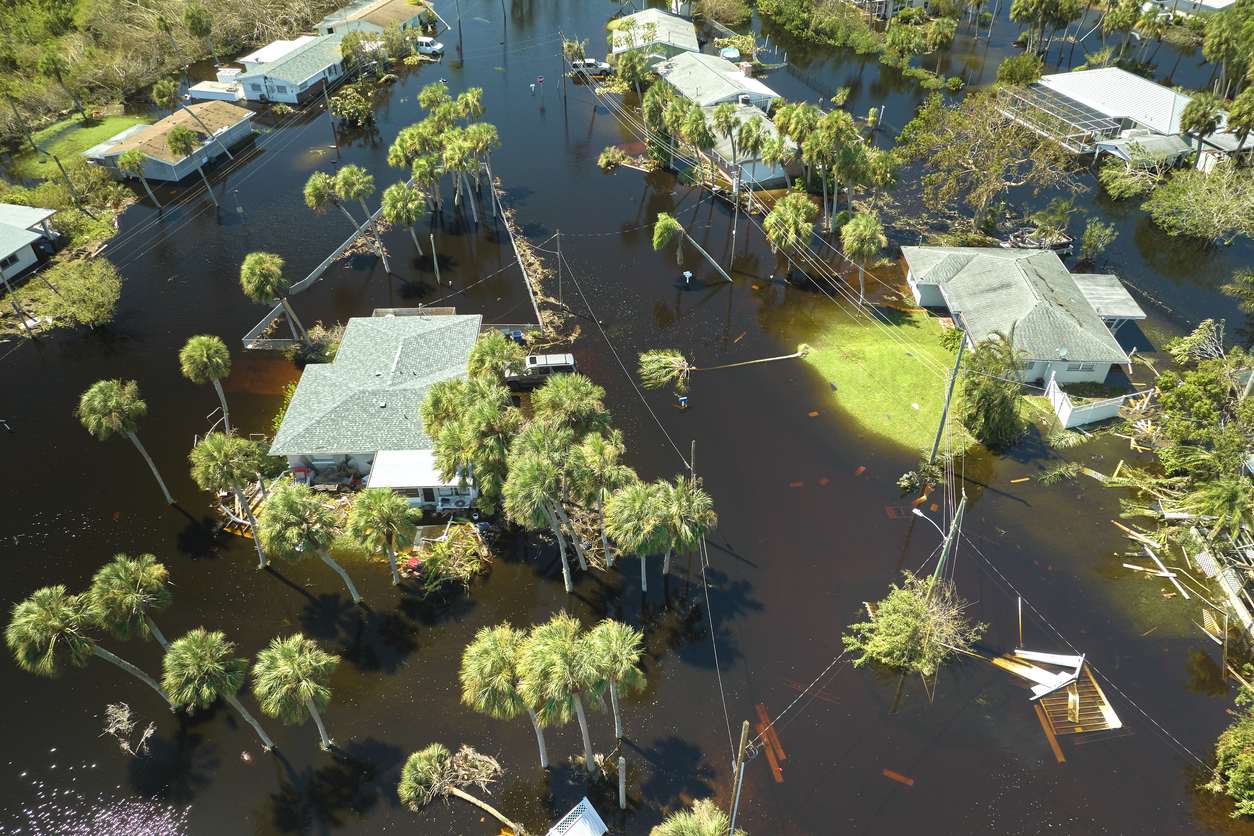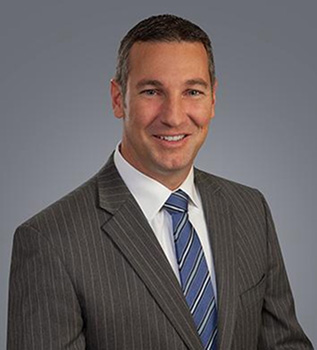Hurricane Ian is projected to be one of the costliest storms in U.S. history. It prompted mass evacuations, school shutdowns, and thousands of flight cancellations across the Florida. It is likely to end up as the worst hurricane to directly impact the west coast of Florida in over a century. The dangerous storm posed a substantial hazard to the life and property of Florida residents.
Damages and economic losses in the area could reach $45 billion to $70 billion. The top end of that range would rank Ian as the sixth-costliest U.S. hurricane, according to National Oceanic and Atmospheric Administration data.

Common Types of Property Damage after Hurricane
The arrival of Hurricane Ian brought heavy rain, powerful winds, and destructive storm surge across much of the state of Florida. So, what does this mean for your home?
The following types of property damages are typical are with intense hurricanes:
- Water and flood damage
- Wind damage
- Fire damage
- Structural damage to homes and buildings
- Roof damage
- Mildew, mold, and microbial growth
- Electrical and plumbing damage
Damages to your property can be external or internal, visible or invisible. Make sure to complete a thorough investigation of the damage, even if that means hiring a professional.
Common Claims Not Covered by Insurance Policies
As a homeowner, it is your responsibility to take the proper measures to protect your property and livelihood. It’s highly encouraged to review what types of damage are included within your insurance policy. This can make the difference between successfully filing a stress-free claim and paying out of pocket for expenses.
Some of the common areas that are not usually covered by property insurance include:
- Loss from flood waters;
- Damage to buildings from earthquakes and aftershocks;
- Intentional property damage; and/or
- Sinkholes.
However, additional premium payments may cover some of these types of property damage. As such, it is important to research possible events in your geographical area that require additional coverage.
How to File a Property Damage Insurance Claim in Florida
The first step in making a property damage claim is to notify your insurance company as soon as possible.
Once your claim has been filed, your Florida insurance company has 14 days to acknowledge the receipt. After this step, the insurance company will investigate the validity of your claim. You can take several steps to ease this process and increase your chances of receiving fair compensation.
- Make a list of the damaged property – Create an itemized list of any items that are damaged. It doesn’t have to be formal; just important that you have one. This includes interior and exterior damage, including any damage to valuables such as computers, appliances, and furniture. Receipts for the items are helpful.
- Take pictures – This should be done before filing a property damage claim. Any visual evidence, including photos or videos of damage that occurred from the hurricane or tropical storm, will significantly support the authenticity of your claim. Make sure to take pictures of any damaged valuables as well.
- Review proof of loss and other documents carefully – After notifying your insurance company of your property damage, an insurance adjuster will be assigned to your help to help settle the claim. Before issuing payment, you may need to sign a proof of loss document. This document contains the scope and pricing of repairs for your house or property. This must be reviewed thoroughly to ensure all necessary restorations are included. It is advisable to hire an attorney to review the proof of loss document and provide that nothing is left out.
- Choose your repair company carefully – Don’t hire the cheapest repair company you can find, as the quality of work usually reflects the price. Additionally, you are not required to choose the company your insurance suggests. It’s a good idea to get estimates from several companies and choose the best option.
What to do if settlement offer is too low or claim is denied in Florida
Insurance companies generally outline their policies to have multiple hidden loopholes designed to maximize profit for themselves, and denial of property damage is expected. You still have legal rights if you believe your claim was wrongly denied or if the insurance carrier “low balled” your claim. Depending on the circumstances of the claim, you may be able to pursue compensation either from a third party or go directly after the insurance company.
Going up against an insurance company is a complex process. Contacting a property damage attorney is encouraged. They will guide you on the best course of action and can help you better understand the legal process for filing a lawsuit for property damage.
Lieser Skaff is here to help with your Insurance Claims
If you or your company needs help filing an insurance claim after Hurricane Ian, please contact our office.
